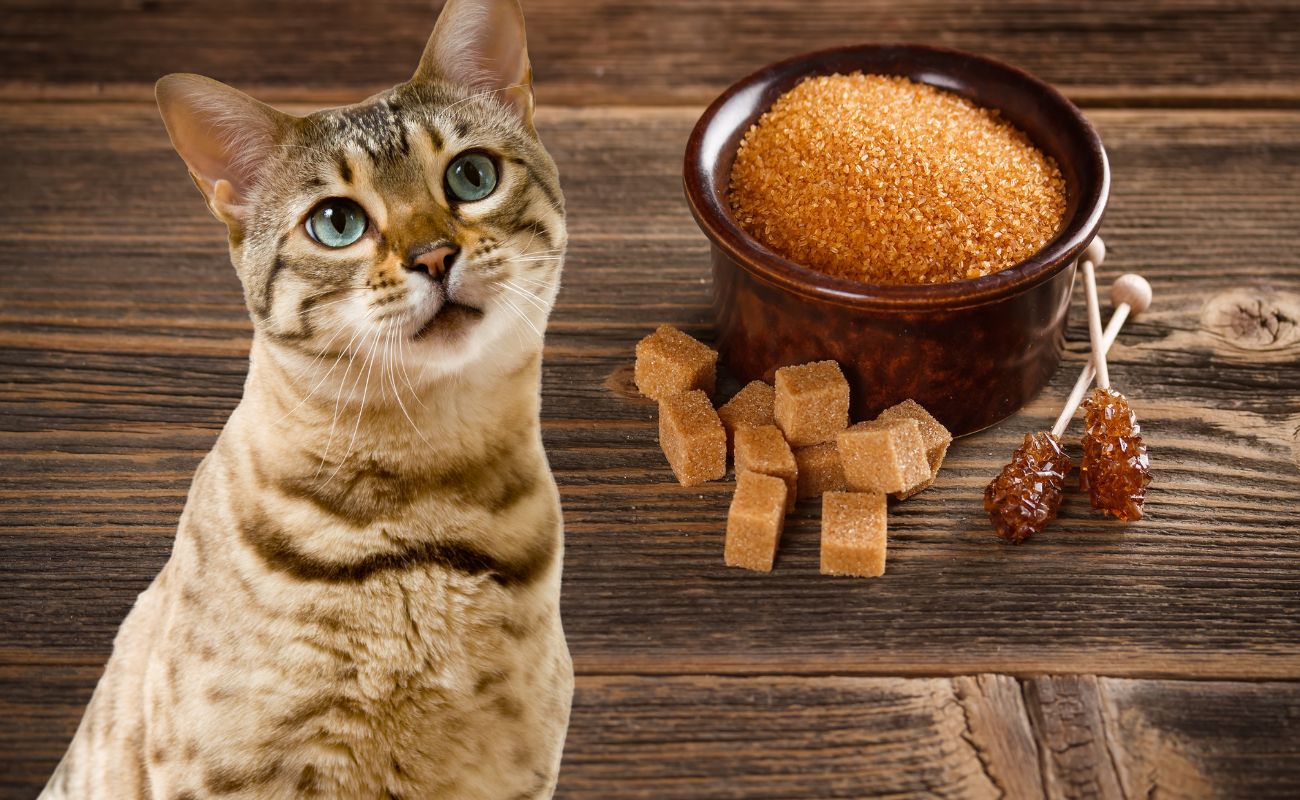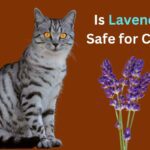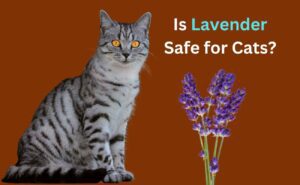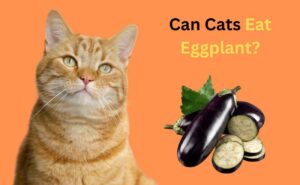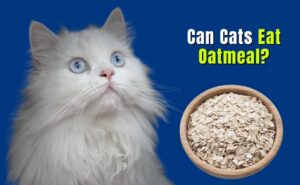When it comes to the dietary needs of our feline friends, many pet owners find themselves questioning what is safe and healthy for their cats to consume. One such query that often arises is, “Can cats have brown sugar?” This article will delve into this topic, exploring the potential risks and effects of brown sugar on cats’ health.
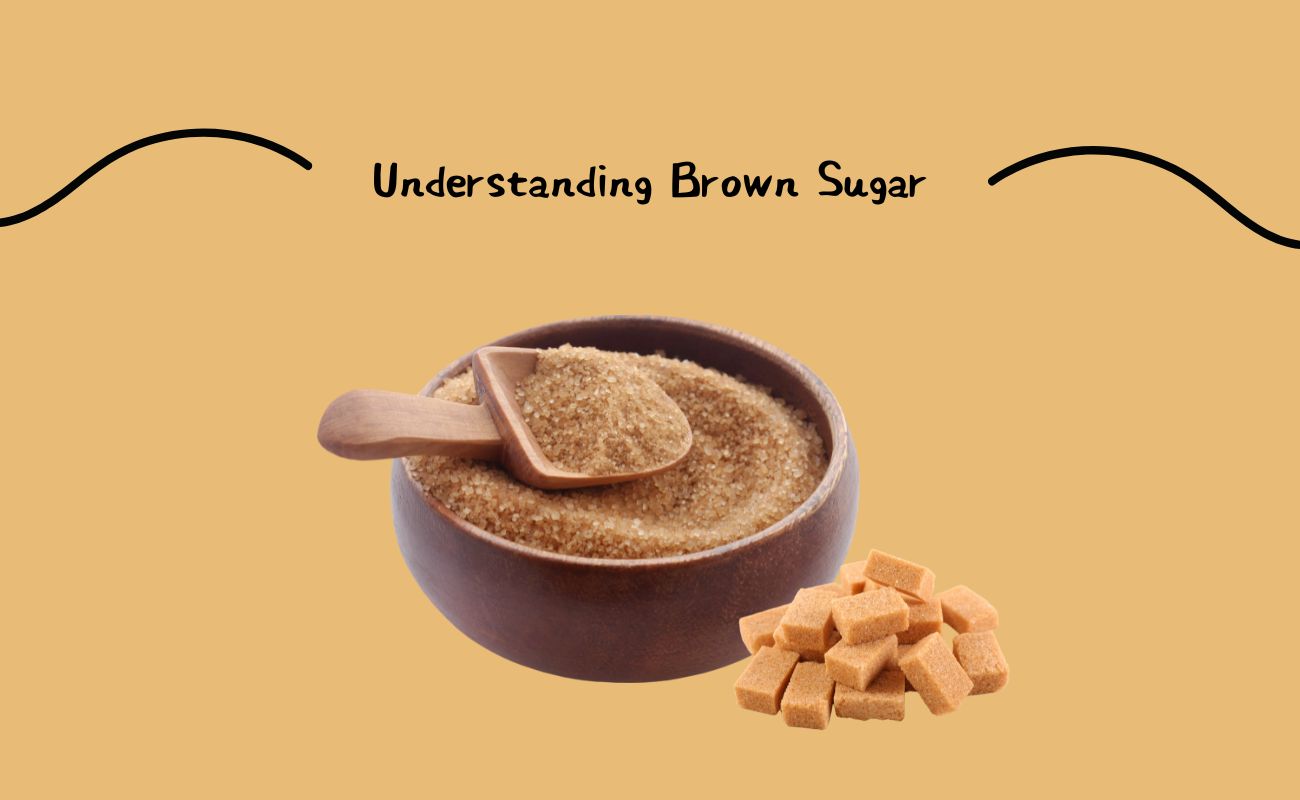
Understanding Brown Sugar
Brown sugar is essentially white sugar with molasses added to it, giving it a distinctive color and flavor. While it is a common ingredient in human cuisine, adding sweetness to various dishes and desserts, it is important to understand its composition and how it might affect animals, particularly cats. Brown sugar contains sucrose, a type of sugar that can be problematic for cats in several ways.
Cats and Their Dietary Needs
Cats are obligate carnivores, meaning their diet primarily consists of meat. Their digestive systems are specifically adapted to process proteins and fats rather than carbohydrates. Unlike humans, cats do not require sugar in their diet. In fact, their bodies do not metabolize sugar efficiently, which can lead to various health issues if consumed in significant amounts.
Nutritional Value:
Certainly! Here’s a table showing the complete nutritional profile of brown sugar per 100 grams:
| Nutrient | Amount per 100g |
|---|---|
| Calories | 380 kcal |
| Total Fat | 0 g |
| Saturated Fat | 0 g |
| Trans Fat | 0 g |
| Cholesterol | 0 mg |
| Sodium | 28 mg |
| Total Carbohydrates | 98.09 g |
| Dietary Fiber | 0 g |
| Sugars | 96.21 g |
| Protein | 0.12 g |
| Vitamin A | 0 IU |
| Vitamin C | 0 mg |
| Calcium | 83 mg |
| Iron | 0.71 mg |
| Potassium | 133 mg |
This table provides a detailed look at the nutritional content of brown sugar, highlighting its high carbohydrate and sugar content, and minimal presence of other nutrients.
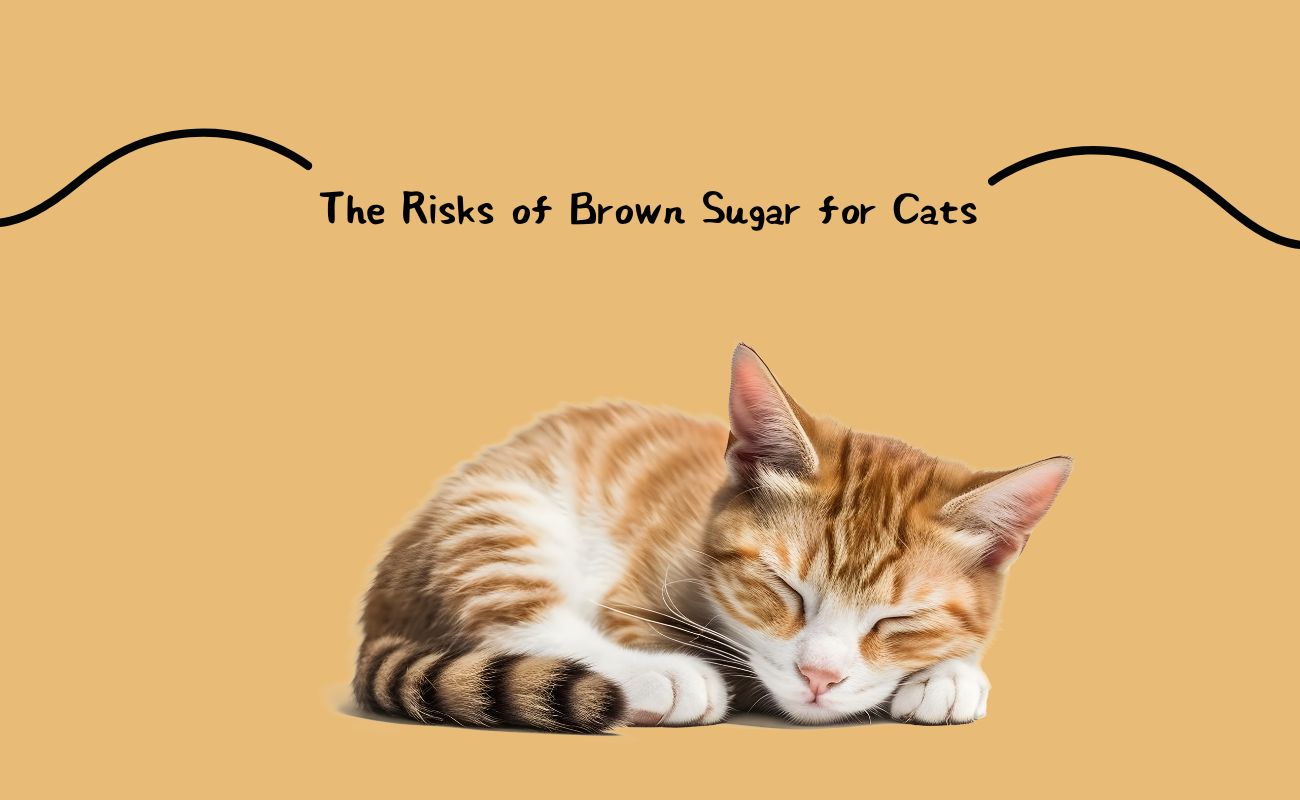
The Risks of Brown Sugar for Cats
Feeding brown sugar to cats can pose several health risks. Here are some of the potential problems associated with brown sugar consumption in cats:
- Obesity: Cats that consume high amounts of sugar are at a greater risk of becoming overweight or obese. Obesity can lead to numerous health problems, including diabetes, arthritis, and heart disease.
- Diabetes: Just like humans, cats can develop diabetes. A diet high in sugar can disrupt their insulin regulation, leading to diabetes mellitus, which requires lifelong management.
- Dental Issues: Sugar can cause dental problems in cats, including tooth decay and gum disease. This can be painful and may require veterinary intervention.
- Digestive Problems: Cats may experience digestive issues such as diarrhea or an upset stomach if they consume too much sugar. Their digestive systems are not designed to handle high levels of carbohydrates.
Why Brown Sugar Is Not Suitable for Cats
Given the risks associated with sugar consumption, it is clear that brown sugar is not suitable for cats. Unlike humans, who can enjoy sweet treats in moderation, cats do not benefit from sugar in their diet. Instead, it can lead to a host of health problems that can affect their quality of life.
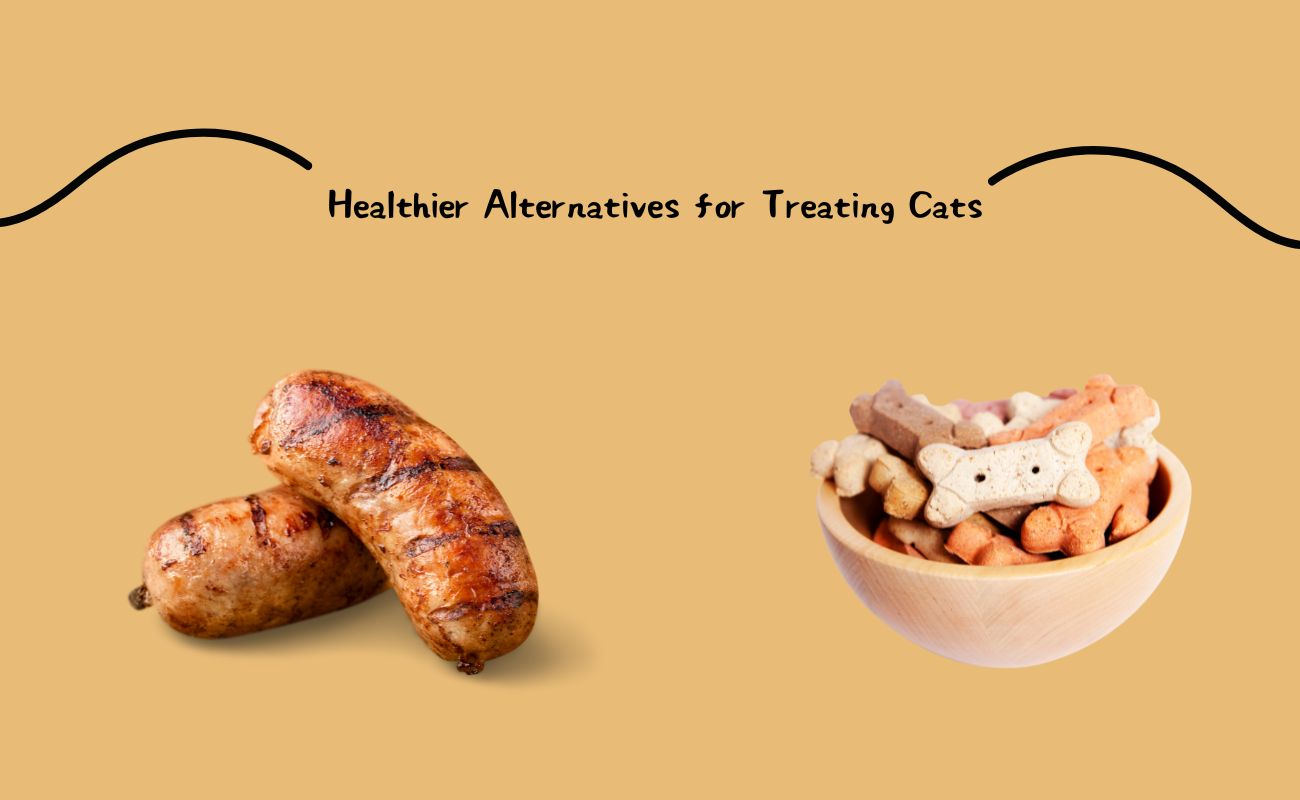
Healthier Alternatives for Treating Cats
If you want to give your cat a treat, there are many healthier alternatives to consider. Here are a few options:
- Catnip: Many cats enjoy catnip, which is a safe and natural treat that can stimulate their senses.
- Cooked Meat: Small pieces of cooked chicken or turkey can be a delicious and nutritious treat for your cat.
- Commercial Cat Treats: There are numerous cat treats available on the market that are specifically formulated to meet cats’ dietary needs.
Summary:
Can Cats Have Brown Sugar?
So, can cats have brown sugar? The answer is no. Brown sugar, like other forms of sugar, poses several health risks to cats, including obesity, diabetes, dental issues, and digestive problems. As responsible pet owners, it is essential to prioritize the health and well-being of our feline companions by providing them with a diet that meets their nutritional needs. Opt for healthier treat options and avoid giving your cat brown sugar or other sugary foods. This will help ensure your cat remains healthy, happy, and free from unnecessary health complications.
In summary, understanding the dietary needs of cats and the potential dangers of certain foods is crucial for their health. While it may be tempting to share human foods like brown sugar with your cat, it’s important to remember that their bodies are not equipped to handle such ingredients. By making informed choices about your cat’s diet, you can help them live a longer, healthier life.

